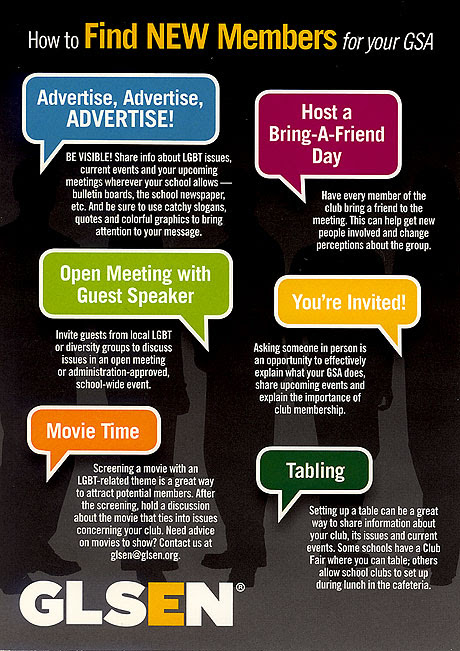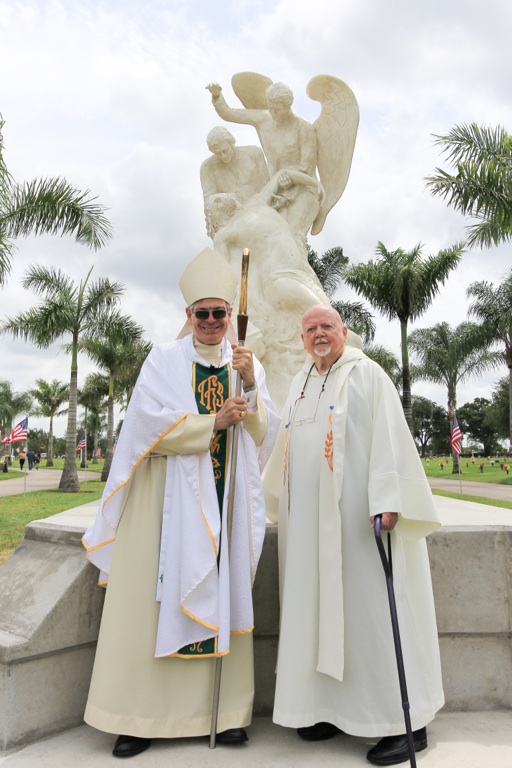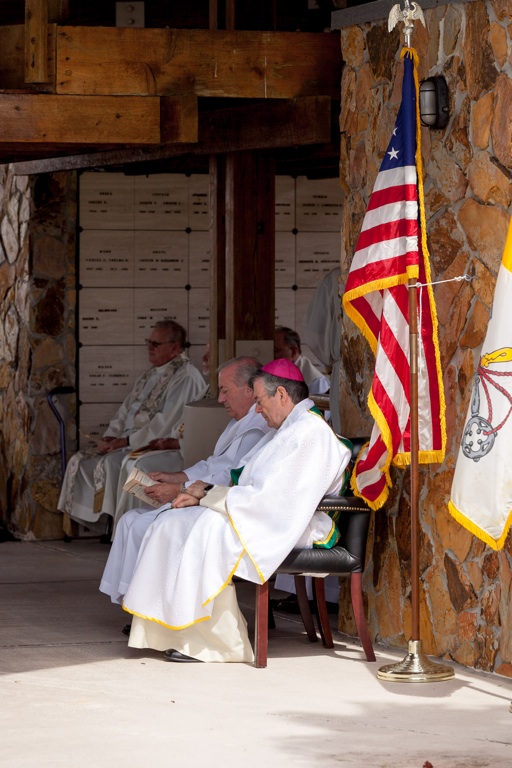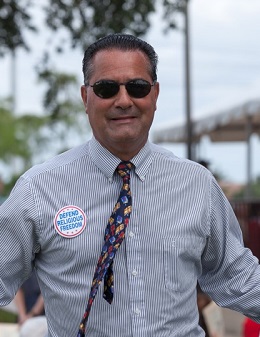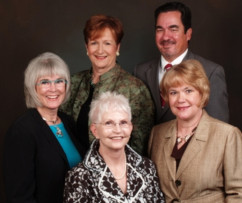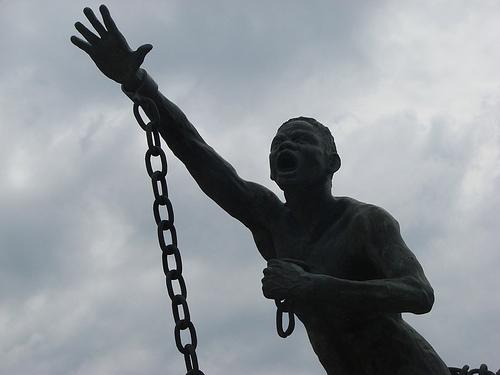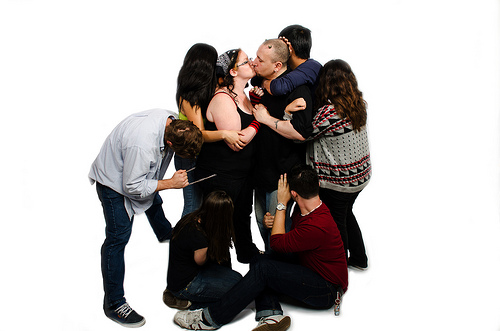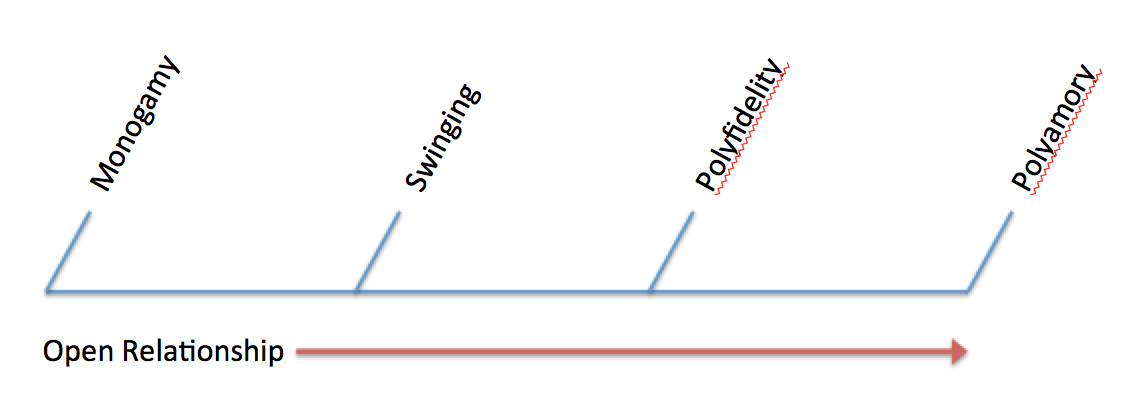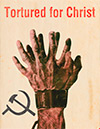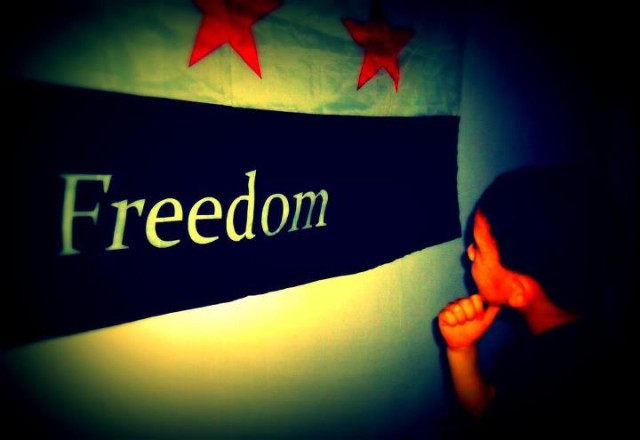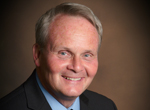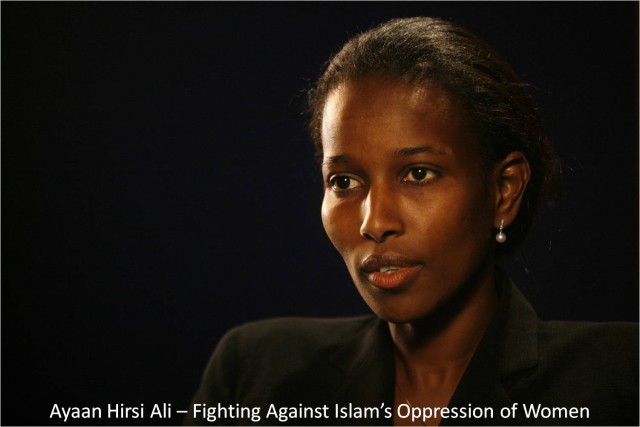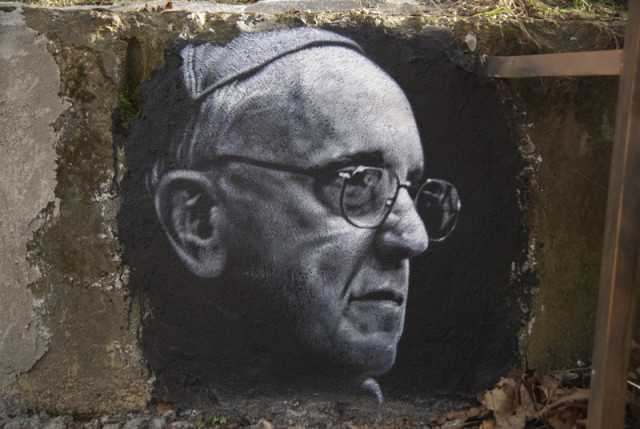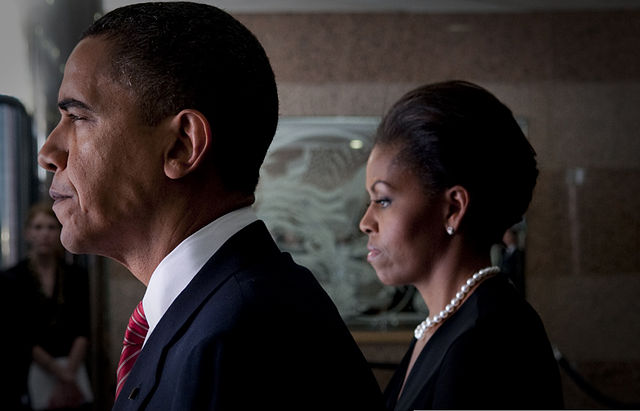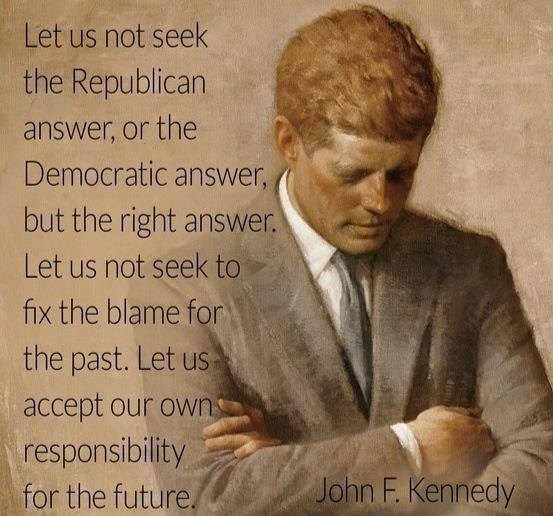“LGBT” Teachers Conference in Boston – Part II: Pushing ‘Gay’ clubs in Middle Schools
The latest push: “Gay” clubs for kids in middle schools. Here’s how they get them in — and what comes with them.
The homosexual-transgender movement is working hard to indoctrinate schoolchildren as young as possible. By far, the most effective way is to get them into school-based “gay” clubs that are run by activist, often radical, adults, but though otherwise unsupervised. They have been working at this for several years (see our 2008 report) but are now ramping up their efforts considerably.
We reported last week, on this year’s annual GLSEN Conference in Boston which brought together LGBT teachers, activists, and supportive administrators to discuss their latest tactics for the schools.
A prominent part covered strategies for setting up “gay-straight alliance” (GSA) clubs in as many middle schools as possible, given that most high schools now have them.
 |
Getting kids to feel involved — especially middle school students — is a major tactic of the LGBT movement. These buttons were given out at the GLSEN Conference in Boston. |
At that conference, there were kids as young as 11 and 12, and that younger age group was clearly the focus of much of the conference.
Middle school student gives speech at LGBT conference opening session
Middle school are such an important target that GLSEN recruited an activist “LGBT” middle school student to address the conference’s opening session. She said she’s bisexual (in middle school!) and that her sister is lesbian.
The girl spoke about how she helped organize the “Day of Silence” in her middle school. She said that one teacher was reluctant to put up the posters because of parent conferences that evening, saying that parents might not be comfortable seeing it. The girl labeled the teacher “ignorant” and said the teacher is “no longer working at the school” (which brought a cheer).
She added that “kids are figuring out who they are younger than ever” (i.e., being persuaded to self-identify as L, G, B, or T) and that “we need to create a safe environment for them in the lower grades.” This was a mantra that was repeated again and again in the conference. (“Safe environment” is the Orwellian term for a school that aggressively enforces pro-“LGBT” sexual ideology and suppresses all dissent.)
Given that middle school students would not have these ideas and talking points on their own, this shows how well the adult activists instruct them.
| Helping kids be “safe” at school is the Orwellian term for aggressively enforcing pro-“LGBT” sexual ideology — and more importantly, suppressing all dissent. In particular, it’s used very effectively to confront any criticism by adults, including parents. |
|
The workshop: “Starting a Middle School GSA”
The LGBT movement is getting serious about the lower grades. One of the prominent workshops at the GLSEN conference was “Starting a Middle School GSA.”
At first glance, a “gay” club for middle school students would seem beyond something even most liberals would buy into. But that’s simply another challenge for the movement to overcome. After all, it wasn’t too long ago that ANY “gay” club at all, even in high school, was beyond the pale.
Here is how the conference program listed it:
3.1 Starting a Middle School GSA: A Sustainable, Grassroots Approach
Practical advice and encouragement for students, staff, parents and community members who would like to establish a sustainable GSA in their local middle school.Presenter(s): Anna Watson, Friends of the Ottoson Middle School [Arlington, MA] GSA
This workshop gave step-by-step instructions by a seasoned activist.
The presenter, Anna Watson, started out by saying that she believes that “coming out” is a “life-saving adventure” and that kids are coming out at younger and younger ages. Thus, they need support groups to help them do that.
She told the workshop attendees that she has been an “LGBTQ” activist and organizer for several years. In particular, she is interested in starting GSA-type groups for young people.
 |
“Queering the ‘Burbs Since 1992.” Anna Watson gave out this card at the workshop. She is no casual activist, obviously. |
She said that in city schools there are lots of GSAs, but it’s different in the suburbs. This is likely because the parents are more attentive to what’s happening in the schools. She used the term “suburban gap” and said that just a few people with a lot of energy can make it happen.
The strategy: Build up incrementally then hit with petition!
Her goal at the Ottoson Middle School in Arlington, Mass., was to put in a GSA with “permanent club” status — with a line item in the school budget for financial support.
At first, the principal was resistant, even though Arlington is a very liberal town.
The homosexual movement has found that a very effective approach for overcoming resistant school officials is using a petition as a pressure tactic, along with other maneuvers.
Watson’s tactic was to do incremental, smaller things to set up an informal GSA and have it become active as much as possible in the school. They would get everything else in place so that there would be no procedural or other excuse not to allow it. Then they would go over the head of the principal and blitz the superintendent with a petition — with as large a force as necessary — to push it over the top with a demand it be given permanent “club” status in the school.
| The Petition presented to the Superintendent (and Anna Watson’s timeline of events) |  |
That strategy worked perfectly. Here’s the timeline of events that Watson described:
1. Starting in the fall of 2010, Watson began discussing it with the principal. Since the principal had an interest in anti-bullying, Watson positioned it as an anti-bullying group.
2. Spring 2011: Watson established an “informal” GSA group at the school that met every other week. She submitted a grant to the local “Arlington Education Fund” for funding.
3. Fall 2011: The grant was awarded from the local group. The GSA’s outside activities, including a stipend to the adult staff advisor, were now funded and it started meeting every week.
4. Spring 2012: The GSA began giving out “Human Rights” awards to students at the school. They also attended the GLSEN Conference that year, brought in “educational” groups, and established a “peer leader” program in the school.
5. Fall 2012: They persuaded the principal’s discretionary fund, the PTO, and the Parent Advisory Council to give the GSA funding. They also had volunteers raise money in the community.
6. Fall 2013: The petition was put together and formally presented to the Superintendent, accompanied by a lot of pressure. The superintendent easily capitulated and granted the GSA permanent club status and a budget item in the school budget. They achieved their goals.
The principal and any other staff who might have been resistant were completely steamrolled. It’s a strategy that can be replicated at other schools where there is any significant resistance.
Other comments at the workshop
Many of the other people at the workshop were experienced GSA activists. Some of their remarks and ideas on starting a GSA were interesting:
- Some schools have made it easier by having a less overt title, such as calling it an “affinity” group rather than a GSA.
- One person said, “For school clubs, no permission slips are needed. Thus parents do not know. The same is true for GSAs. You don’t have to let your parents know. There is a sort of goodwill around it.”
- They always say that GSA’s are about “school safety” and suicide prevention. They also remember to make a point to say that GSAs “are not about sex.”
- One teacher recommended that the GSA follow the GLSEN “Ally week” program. (See more on that below.)
How to get kids to come to their first GSA meeting? Most middle school kids would not normally think of going to a “gay” club. So the LGBT activists use a variety of tricks and misleading tactics. Once the kids are there, it’s easier to persuade or pressure them to keep coming back.
Here are some of the ideas brought up by activists at the workshop:
- Announcing a “cheese & food” party.
- Getting the school football coach to come is a great draw for bringing kids to a GSA meeting.
- One school put up posters with the message: “You don’t have to be gay to be in the GSA.”
For a larger view click on the flyer.
The LGBT movement will use any tactic they can to lure kids into their “gay” clubs for the first time. GLSEN passed out this information at the Conference.
What is Watson’s next project? Apparently, her next goal is to set up AGLY (“Arlington Gay and Lesbian Youth”) which would probably be a youth/adult “gay” club not connected with the school. There are several of those around the state, supported at least in part by taxpayers.
GSAs: A poisonous experience for vulnerable kids
In our experience going back nearly twenty years working with parents and kids, the GSAs in the schools are emotionally poisonous and physically dangerous to vulnerable kids, many of whom have serious psychological issues to deal with. And GSAs are often run by radical “gay” adults who themselves are psychologically dysfunctional.
GSAs persuade students that homosexuality, transgenderism, etc., is perfectly normal to engage in. They take troubled kids and tell them that if they feel “different” or that they “don’t fit in” then they’re probably really “gay” or “transgender.” This causes enormous trauma down the road. We’ve seen that these kinds of “clubs” lead kids into engaging in perverse sexual activities.
Also in GSAs: Indoctrinating kids in radical “queer theory” as “LGBT allies”
But additionally, a purpose of GSAs is to indoctrinate the kids (including those calling themselves “straight”) in the radical ideas of the LGBT movement, which they term “queer theory.” Most people are not aware just how extreme this is. Then the GSA leaders have the kids spread those ideas to the rest of the school through events like the “Day of Silence”, “Gay History Month”, and “Transgender Awareness Day.”
When getting this training, the kids are told that this helps them become “allies” of the LGBTs. The concept of being an “ally” pushed very hard throughout the schools. It becomes another identity for the kids in their fight for so-called social justice.
At the GLSEN Conference, this “training” pamphlet, titled “Ally Packet” was given out. It’s a pretty frightening example of what the LGBT movement teaches children, and what parents know almost nothing about.
| “Ally Packet” given out at GLSEN Conference |  |
Here are just a few examples and excerpts from the 8-page pamphlet. THIS is what the LGBT movement is teaching schoolchildren:
What is an Ally?
An ally is a member of the dominant social group who takes a stand against social injustice directed at target group(s) – for example .. . heterosexual individuals who speak out against heterosexism and homophobia. An ally works to be an agenda of social change rather than an agenda of oppression.Characteristics of an ally
Recognizing that unlearning oppressive beliefs is a lifelong process.Appropriate Group Terminology
Genderqueer: A term used by individuals, especially transgender youth, who identify as neither male nor female, or as both, and who often seek to blur gender lines.Appropriate Social Justice Terminology
Gender-Normative Privilege: The benefits and advantages that gender-normative people receive in genderist culture.Inappropriate Terminology
Homosexual: A clinical term for gay men and sometimes lesbians.
Transvestite: An outdated clinical term for crossdressers.What are Biphobia, Homophobia, and Transphobia?
Example of Biphobia: Believing that bisexuals are confused or indecisive about their sexuality. Example of Transphobia: Believing that cross-dressing is a sexual perversion or that people who cross-dress do so for sexual gratification.How to Be an Ally to LGBT People
Validate people’s gender expression. For example, if a person assigned male at birth identifies as female, refer to that person as “she” and use her chosen name.
Educate yourself about LGBT histories, cultures, and concerns.
Support and involve yourself in LGBT organizations and causes.What is Heterosexual Privilege?
You can belong to the religious denomination of your choice and know that your sexuality will not be denounced by its religious leaders.
You can expect to see people of your sexuality positively presented on nearly every television show and in nearly every movie.Myths and Realities of LGBT Life
Myth: The majority of child molesters are gay men. Reality: Very few gay men molest children. Myth: Bisexual men are largely responsible for the spread of HIV/AIDS to heterosexual women. Reality: This stereotyping of bisexual men ignores the realities of AIDS. It is unsafe sexual practices and needle-sharing behavior, not membership in a particular group, that spreads HIV.
Lots of help from your tax dollars
In Massachusetts, once these “clubs” are set up, they get substantial organizational and financial help from the state. This will likely become more prevalent in other states.
Among other things, the Mass. State Department of Elementary and Secondary Education maintains a staff to make sure that the GSA clubs across the state are properly organized and that the school is cooperating with them. The Department also provides training for GSA adult leaders.
In addition, the state-funded Mass LGBTQ Youth Commission goes into the schools and works directly with students and pushes LGBT programs statewide.
Just the beginning
The GSAs and the “training” are, unfortunately, just the foundation of what the LGBT movement is doing in the nation’s high schools and now, the middle schools.
In upcoming posts we will reveal more from the 2014 GLSEN Conference. As we’ve said, most people are completely uninformed of what the LGBT movement does with schoolchildren . . . and where this leads beyond the school doors.



